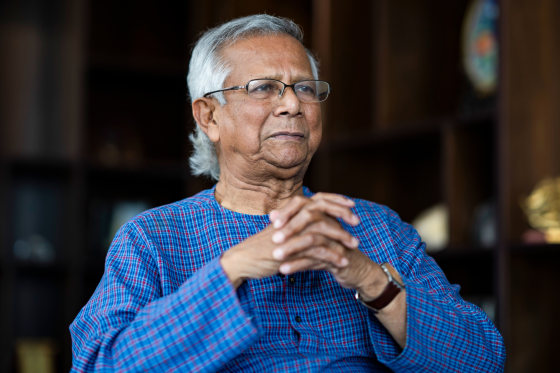The Ras Al Khaimah Economic Zone (RAKEZ) has achieved an extraordinary milestone in 2024, welcoming over 13,000 new companies into its business ecosystem. This record growth marks a significant expansion for the free zone, reflecting its growing appeal to both regional and international businesses looking to capitalize on the strategic advantages offered by the UAE’s business-friendly environment.
This surge in company registrations can be attributed to a combination of factors, including the free zone’s comprehensive range of services, its cost-effective infrastructure, and the robust business climate in Ras Al Khaimah. As one of the fastest-growing economic zones in the region, RAKEZ has established itself as a vital hub for diverse industries, including manufacturing, logistics, technology, and services.
The 13,000 new companies span various sectors, underlining the broad interest in the region’s diverse economic opportunities. This growth not only strengthens RAKEZ’s position as a key player in the UAE’s economic landscape but also contributes significantly to the emirate’s overall economic development.
The free zone’s flexibility in offering tailor-made business solutions has become increasingly attractive to entrepreneurs, particularly in sectors like technology, e-commerce, and logistics, which have seen significant demand for their services. RAKEZ’s efforts to continuously enhance its infrastructure, improve customer services, and adapt to market trends have played a central role in its success.
Key to RAKEZ’s growth has been its ability to provide businesses with efficient, cost-effective solutions for setting up operations in the UAE. The zone offers a range of services, including 100% foreign ownership, zero taxation, and a simple licensing process that is especially appealing to start-ups and international companies entering the Middle East market.
Another factor contributing to the zone’s growth is the ongoing global demand for logistics and manufacturing services. As the UAE continues to develop as a global trade hub, companies in these sectors are finding Ras Al Khaimah’s strategic location and modern infrastructure increasingly appealing for establishing a foothold in the region.
For many entrepreneurs and international companies, RAKEZ’s proximity to key markets in Europe, Asia, and Africa is a major draw. The economic zone’s proximity to ports, airports, and trade routes makes it an ideal location for global logistics companies looking to expand their footprint in the Middle East and North Africa (MENA) region. With modern infrastructure that includes state-of-the-art warehouses and business parks, RAKEZ has become a preferred choice for firms seeking to establish a presence in this region.
RAKEZ’s efforts to promote innovation and technology-based industries have been a cornerstone of its success. The free zone has attracted a growing number of technology-driven companies, with particular focus on areas such as artificial intelligence, data analytics, and software development. With initiatives aimed at fostering innovation, RAKEZ continues to position itself as a leading destination for tech start-ups and established firms alike.
The zone has also focused on sustainability, which has increasingly become a significant factor for companies when choosing their business location. The UAE’s commitment to green initiatives, combined with RAKEZ’s sustainable infrastructure and green energy solutions, has contributed to its reputation as a responsible and forward-thinking business environment.
RAKEZ’s strategic focus on customer satisfaction and ease of doing business has been another key factor behind its success. The free zone provides a wide array of services that streamline the process for businesses, including fast-track licensing, streamlined visa processing, and operational support. The customer-centric approach has made it easier for companies to set up and grow, which in turn has contributed to RAKEZ’s ongoing expansion.
The steady rise in the number of new business registrations can also be seen as a testament to the overall economic resilience of Ras Al Khaimah. The emirate has shown impressive growth in various sectors, with increased foreign direct investment (FDI) and a stable business environment that continues to attract international players.
Another key driver for RAKEZ’s success has been the government’s commitment to fostering economic diversification. The UAE’s focus on creating a conducive environment for businesses to thrive has played a crucial role in ensuring that RAKEZ remains an attractive option for entrepreneurs and multinational corporations. By encouraging investment in non-oil sectors, the government has made significant strides in positioning the country as a diversified, future-ready economy.
As the global business landscape continues to evolve, RAKEZ is well-positioned to remain a major player in the UAE’s free zone ecosystem. The region’s continued growth will be shaped by its ability to attract new companies, encourage innovation, and adapt to the changing needs of a globalized economy. With its increasing prominence in key sectors like logistics, manufacturing, and technology, RAKEZ is set to remain a crucial component of Ras Al Khaimah’s economic development strategy.

 By Nantoo Banerjee It would be wrong to underplay the impact of rising foreign disinvestments from the country’s secondary market on the economy and the very stability of Indian Rupee (INR). Both the domestic economy and INR have been constantly under pressure from large deficit trade balances year after year, external borrowings, loan servicing, very […]
By Nantoo Banerjee It would be wrong to underplay the impact of rising foreign disinvestments from the country’s secondary market on the economy and the very stability of Indian Rupee (INR). Both the domestic economy and INR have been constantly under pressure from large deficit trade balances year after year, external borrowings, loan servicing, very […]


:max_bytes(150000):strip_icc()/GettyImages-1441467099-6fea6e81a2454f10ab5c34c9d0fe5bd9.jpg)





 By Anjan Roy The only big idea about the eighth budget of finance minister, Nirmala Sitharaman, is an announcement of an income tax exemption of upto Rs 12 lakhs. It is a big jump no doubt, from the exemption level of Rs 7 lakh earlier. There is a political catch in that though. But in […]
By Anjan Roy The only big idea about the eighth budget of finance minister, Nirmala Sitharaman, is an announcement of an income tax exemption of upto Rs 12 lakhs. It is a big jump no doubt, from the exemption level of Rs 7 lakh earlier. There is a political catch in that though. But in […]
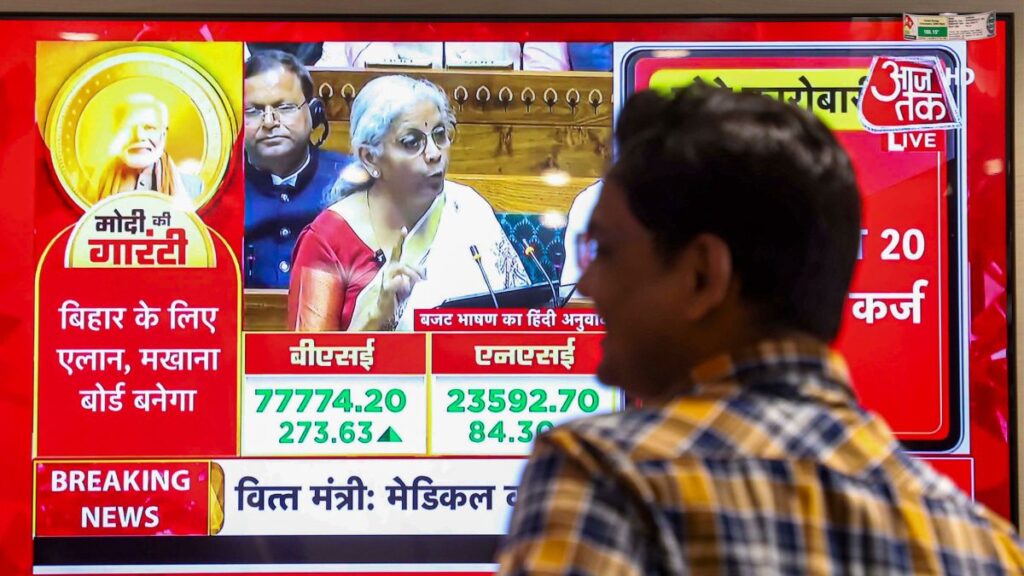 By Dr. Gyan Pathak Union Minister of Finance Nirmala Sitharaman has emphasized on 100 per cent skilled labour with meaningful employment; 100 per cent quality, good school education; and access to quality, affordable and comprehensive healthcare as part of Vikasit Bharat initiative in her speech while presenting Union Budget 2025-26 on February 1. However, the […]
By Dr. Gyan Pathak Union Minister of Finance Nirmala Sitharaman has emphasized on 100 per cent skilled labour with meaningful employment; 100 per cent quality, good school education; and access to quality, affordable and comprehensive healthcare as part of Vikasit Bharat initiative in her speech while presenting Union Budget 2025-26 on February 1. However, the […]
 By Nitya Chakraborty What is happening to the proposed official visit of the Russian President Vladimir Putin to India early this year? Is the Prime Minister Narendra Modi’s invitation to the Russian President to visit India given at the BRICS summit at Kazan on October 22 still valid? Doubts are being raised about the visit […]
By Nitya Chakraborty What is happening to the proposed official visit of the Russian President Vladimir Putin to India early this year? Is the Prime Minister Narendra Modi’s invitation to the Russian President to visit India given at the BRICS summit at Kazan on October 22 still valid? Doubts are being raised about the visit […]
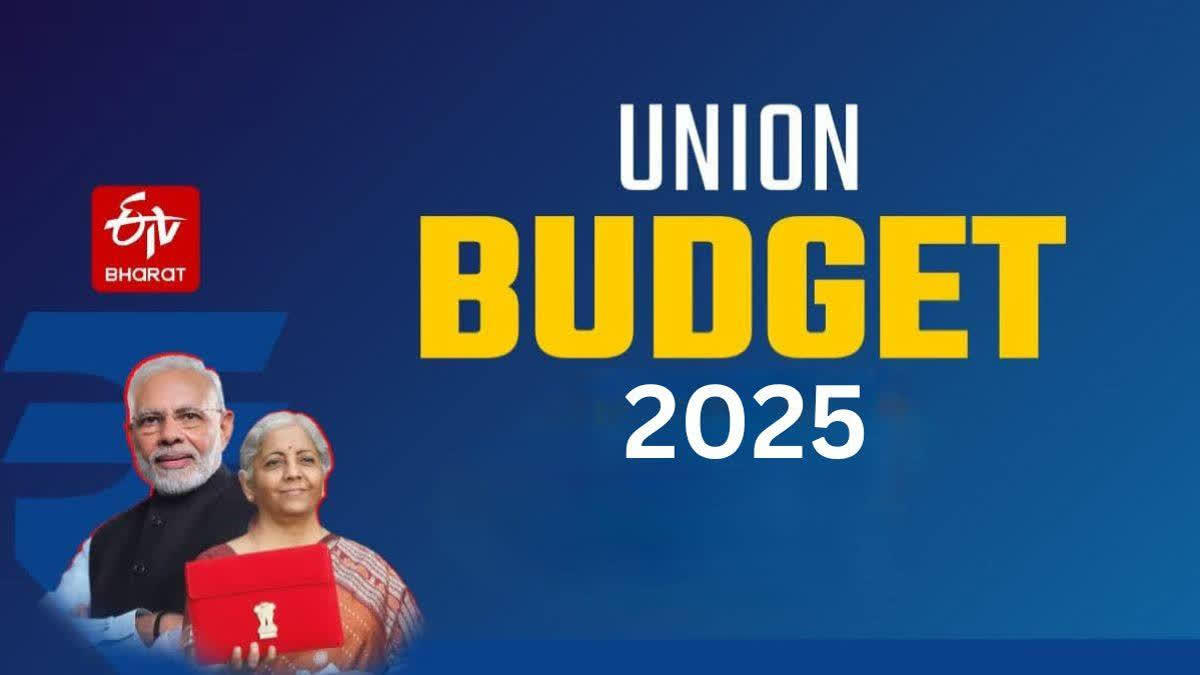
 By Dr. Nilanjan Banik The Budget deals with allocating money towards areas where the government thinks it is essential to spend, and finding out ways such as taxes, to finance it. The government primarily requires money to spend on social infrastructure (such as schools, hospitals, water, sanitation, etc.), physical infrastructure (such as railways, roads, airports, […]
By Dr. Nilanjan Banik The Budget deals with allocating money towards areas where the government thinks it is essential to spend, and finding out ways such as taxes, to finance it. The government primarily requires money to spend on social infrastructure (such as schools, hospitals, water, sanitation, etc.), physical infrastructure (such as railways, roads, airports, […]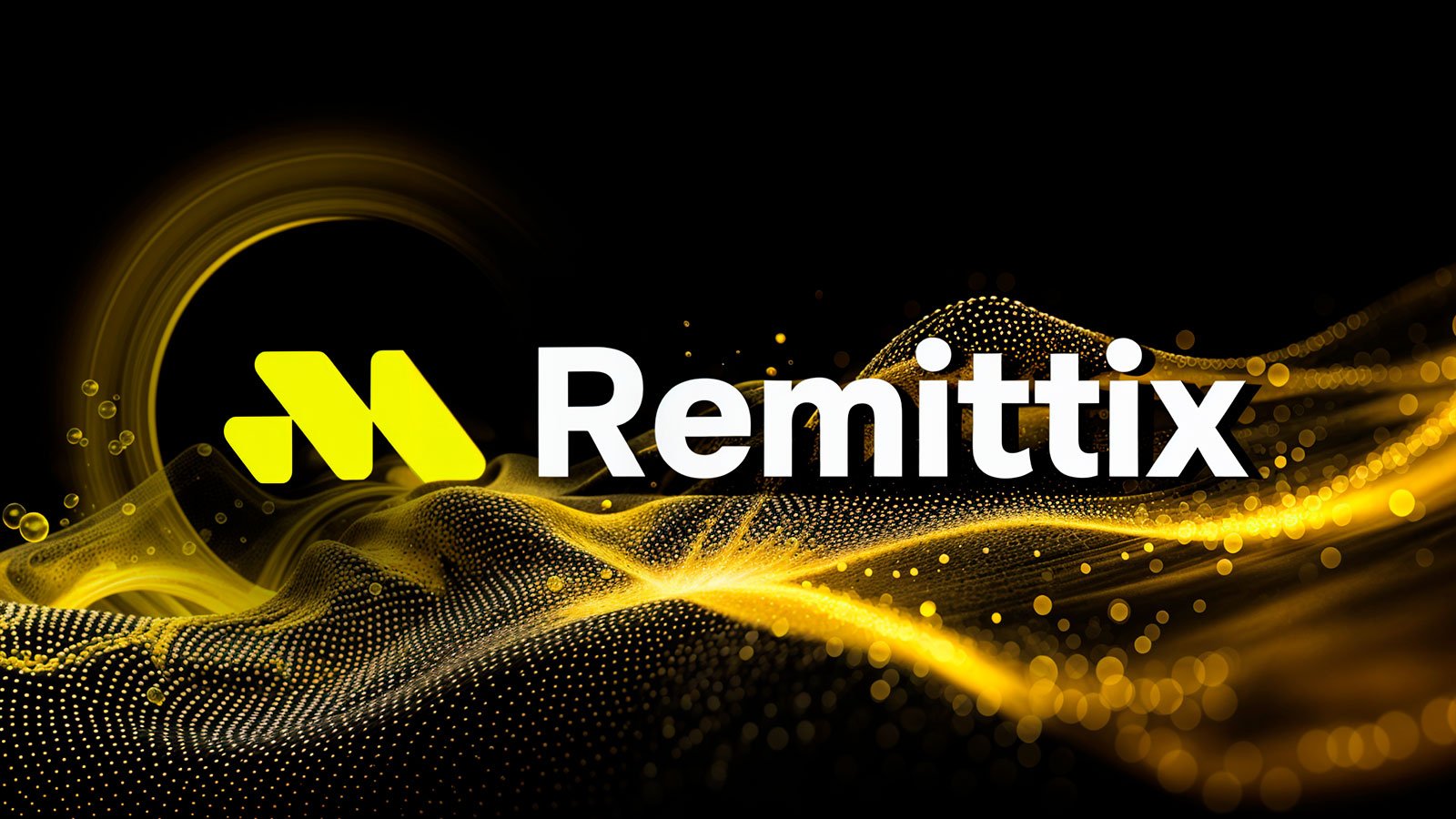

 By Dr. Gyan Pathak Is it not a joke to expect a Member of Parliament to read, understand, give a considered view with qualitative comment on 655-pages-long final draft report on an important legislative amendment bill, such as the Waqf (Amendment) Bill, 2024, within a few hours, which was circulated to members less than 24 […]
By Dr. Gyan Pathak Is it not a joke to expect a Member of Parliament to read, understand, give a considered view with qualitative comment on 655-pages-long final draft report on an important legislative amendment bill, such as the Waqf (Amendment) Bill, 2024, within a few hours, which was circulated to members less than 24 […]
 By K Raveendran The Chinese AI startup DeepSeek has brought down the market crashing, but it has done even more damaging things to the United States. Apart from challenging Silicon Valley’s technology dominance, the Chinese have exposed the limits of Trump’s tariffs, challenging Washington’s ability to restrain China’s technological advance. The Chinese breakthrough undermines one […]
By K Raveendran The Chinese AI startup DeepSeek has brought down the market crashing, but it has done even more damaging things to the United States. Apart from challenging Silicon Valley’s technology dominance, the Chinese have exposed the limits of Trump’s tariffs, challenging Washington’s ability to restrain China’s technological advance. The Chinese breakthrough undermines one […]
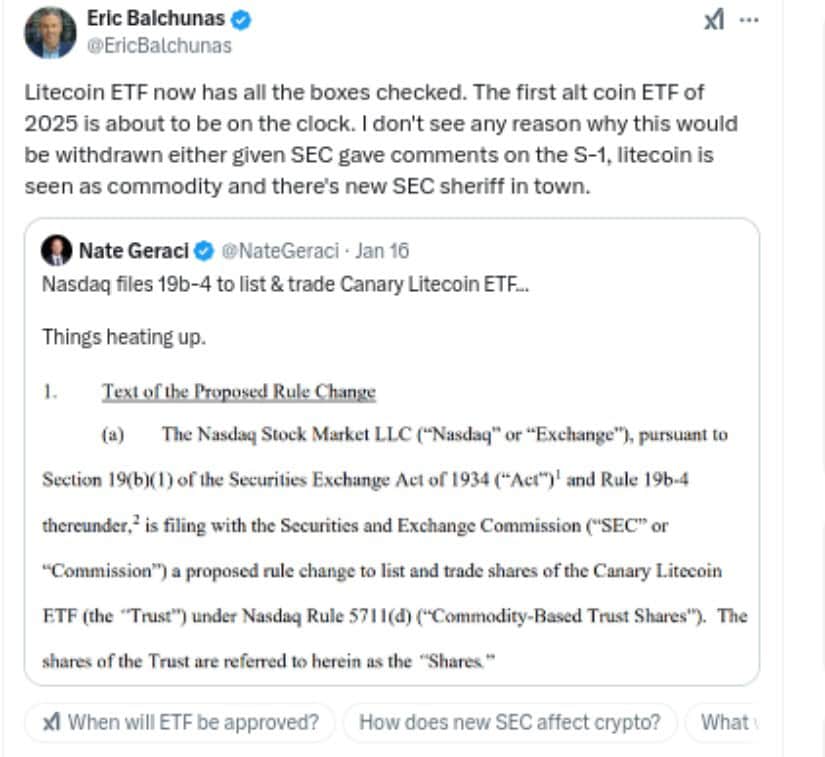






 By Nitya Chakraborty Narendra Modi government is due to present its second budget in the third term of the Modi regime on February 1 in an environment of domestic downturn in GDP growth along with global uncertainty in trade due to U.S. President Donald Trump’s disruptive trade and tariff programme. Latest official data show that […]
By Nitya Chakraborty Narendra Modi government is due to present its second budget in the third term of the Modi regime on February 1 in an environment of domestic downturn in GDP growth along with global uncertainty in trade due to U.S. President Donald Trump’s disruptive trade and tariff programme. Latest official data show that […]
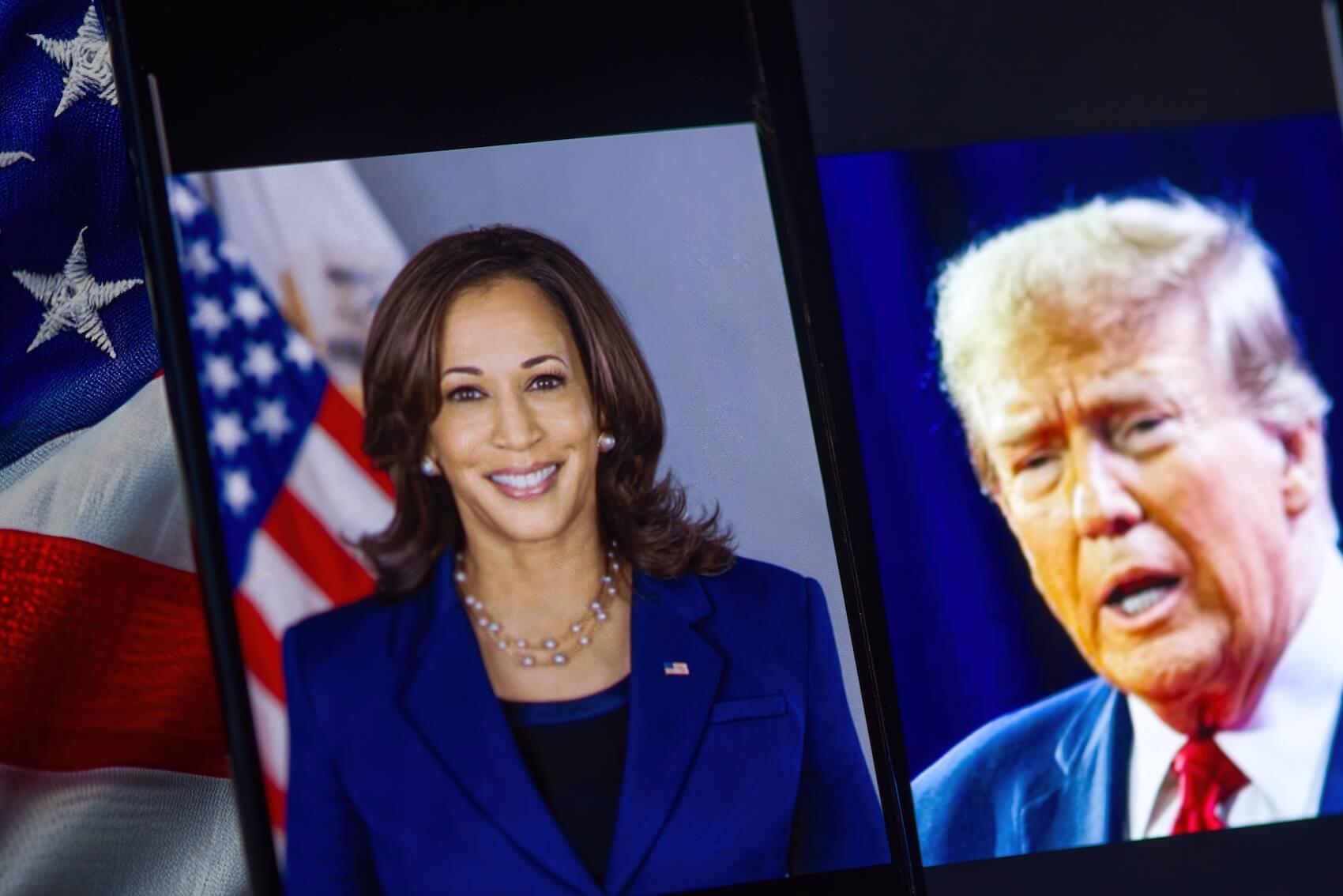
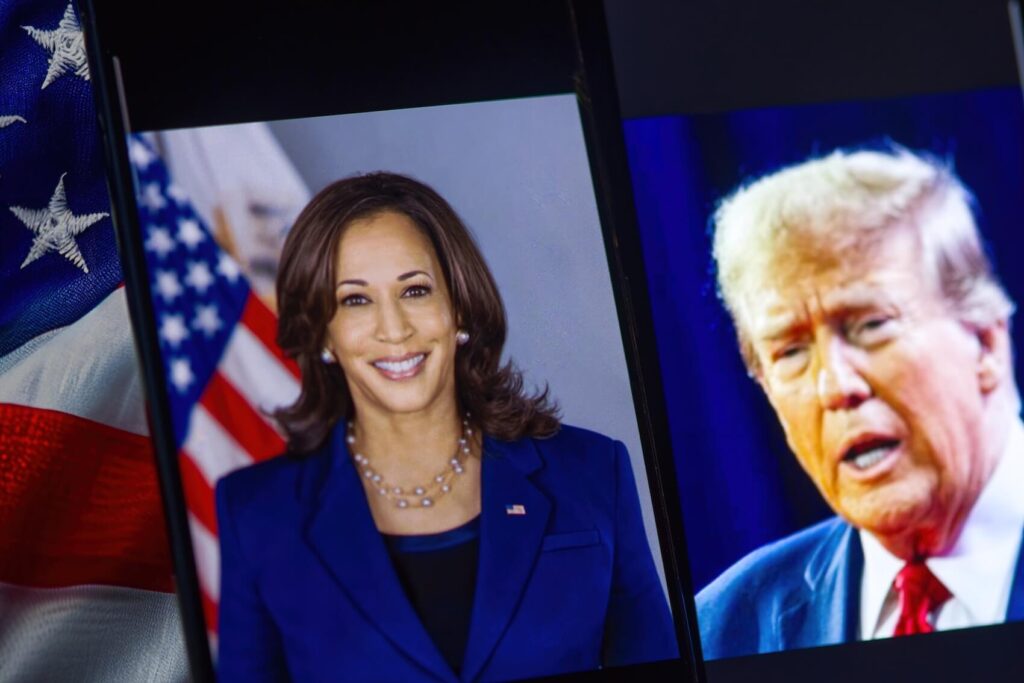 By Nitya Chakraborty The U.S. President Donald Trump has intensified his attacks against the left wing regimes of Latin America as a part of the MAGA programme to weaken the Left in the region and bolster the far right forces which have been emboldened as a result of the coming of the Trump regime for […]
By Nitya Chakraborty The U.S. President Donald Trump has intensified his attacks against the left wing regimes of Latin America as a part of the MAGA programme to weaken the Left in the region and bolster the far right forces which have been emboldened as a result of the coming of the Trump regime for […]
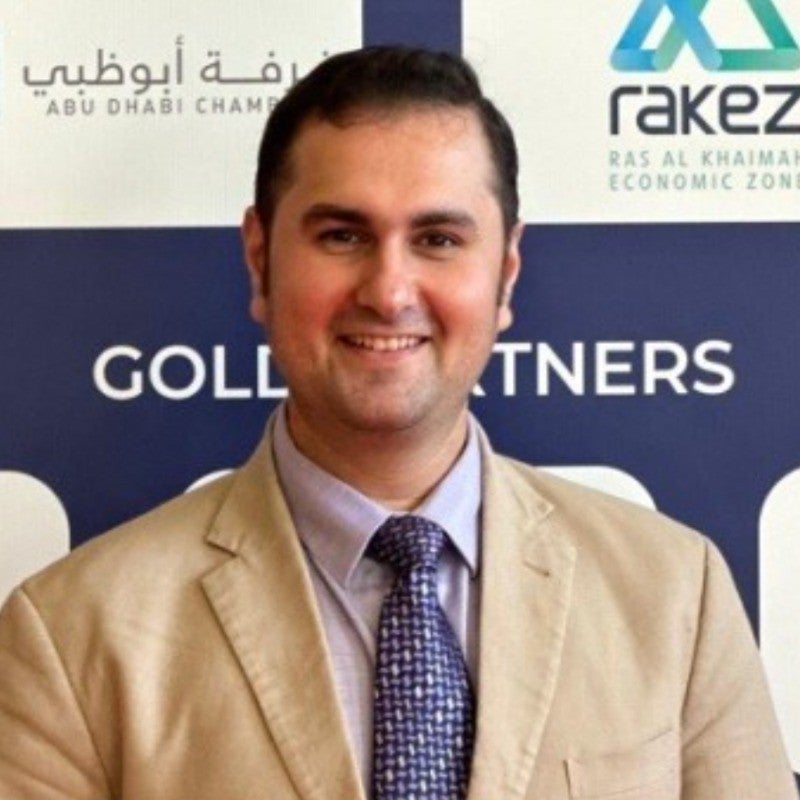

 By K Raveendran The Trump administration’s exploration of creating a national Strategic Bitcoin Reserve (SBR) may usher in a new era of global financial strategy, one defined by digital assets rather than traditional monetary instruments. This concept marks a potential seismic shift in how nations perceive and secure wealth, akin to the historical role of […]
By K Raveendran The Trump administration’s exploration of creating a national Strategic Bitcoin Reserve (SBR) may usher in a new era of global financial strategy, one defined by digital assets rather than traditional monetary instruments. This concept marks a potential seismic shift in how nations perceive and secure wealth, akin to the historical role of […]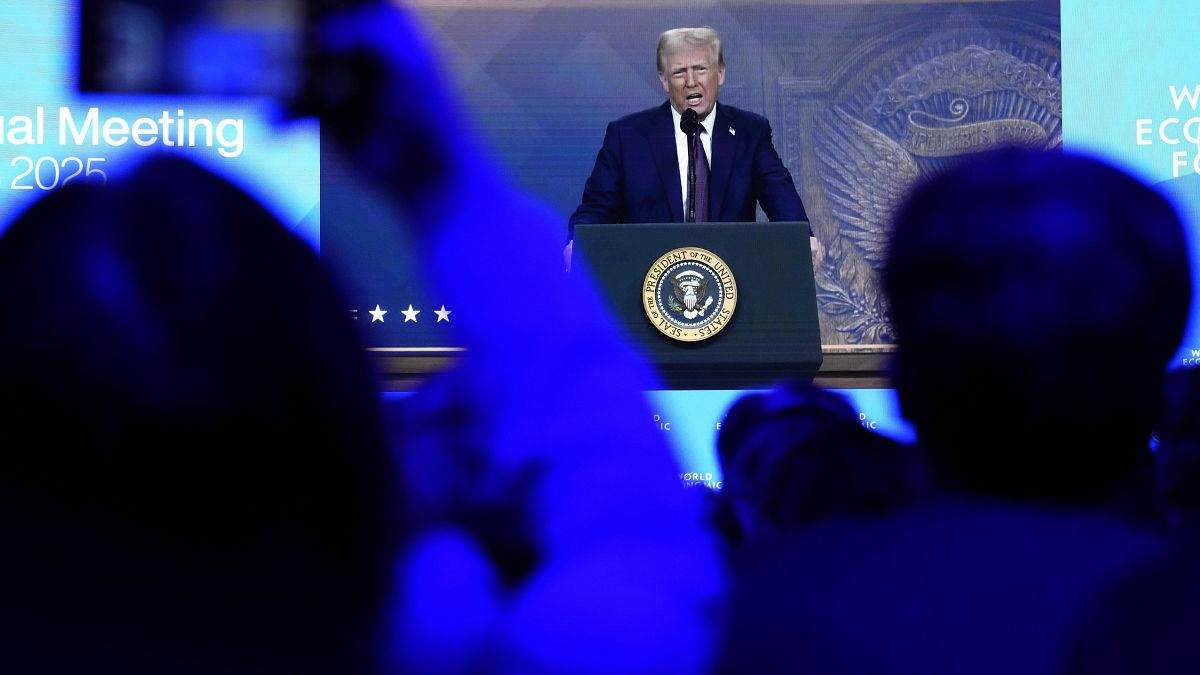
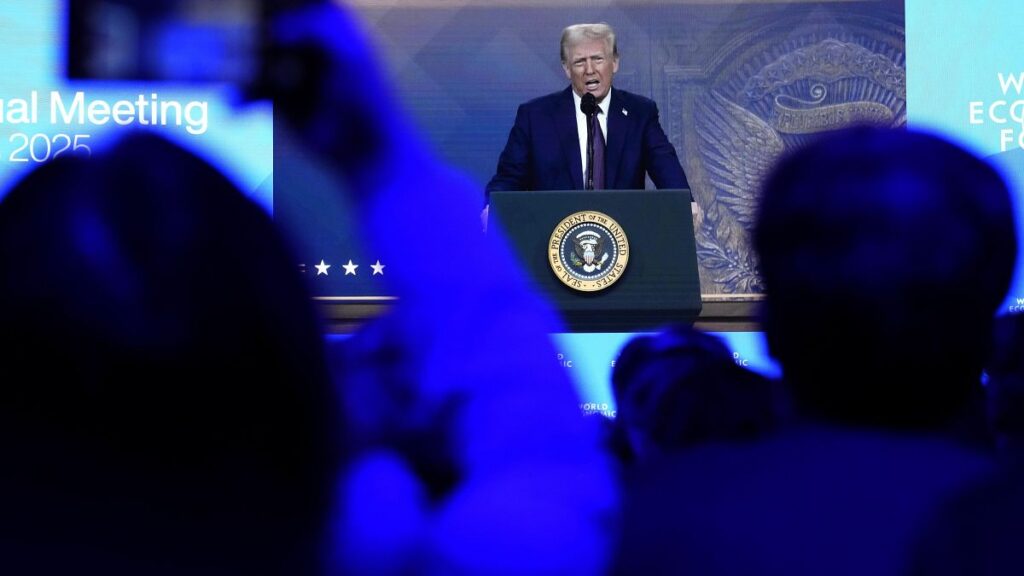 By Nitya Chakraborty Just six days have passed since the inauguration of Donald Trump as the second term President of the United States of America and his policy announcements on the first day in office. The impact varies from country to country but nowhere it is more panicky than in the European Union countries, especially […]
By Nitya Chakraborty Just six days have passed since the inauguration of Donald Trump as the second term President of the United States of America and his policy announcements on the first day in office. The impact varies from country to country but nowhere it is more panicky than in the European Union countries, especially […]